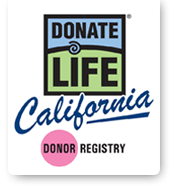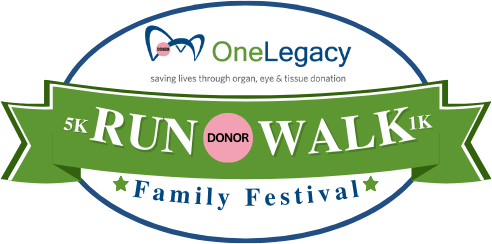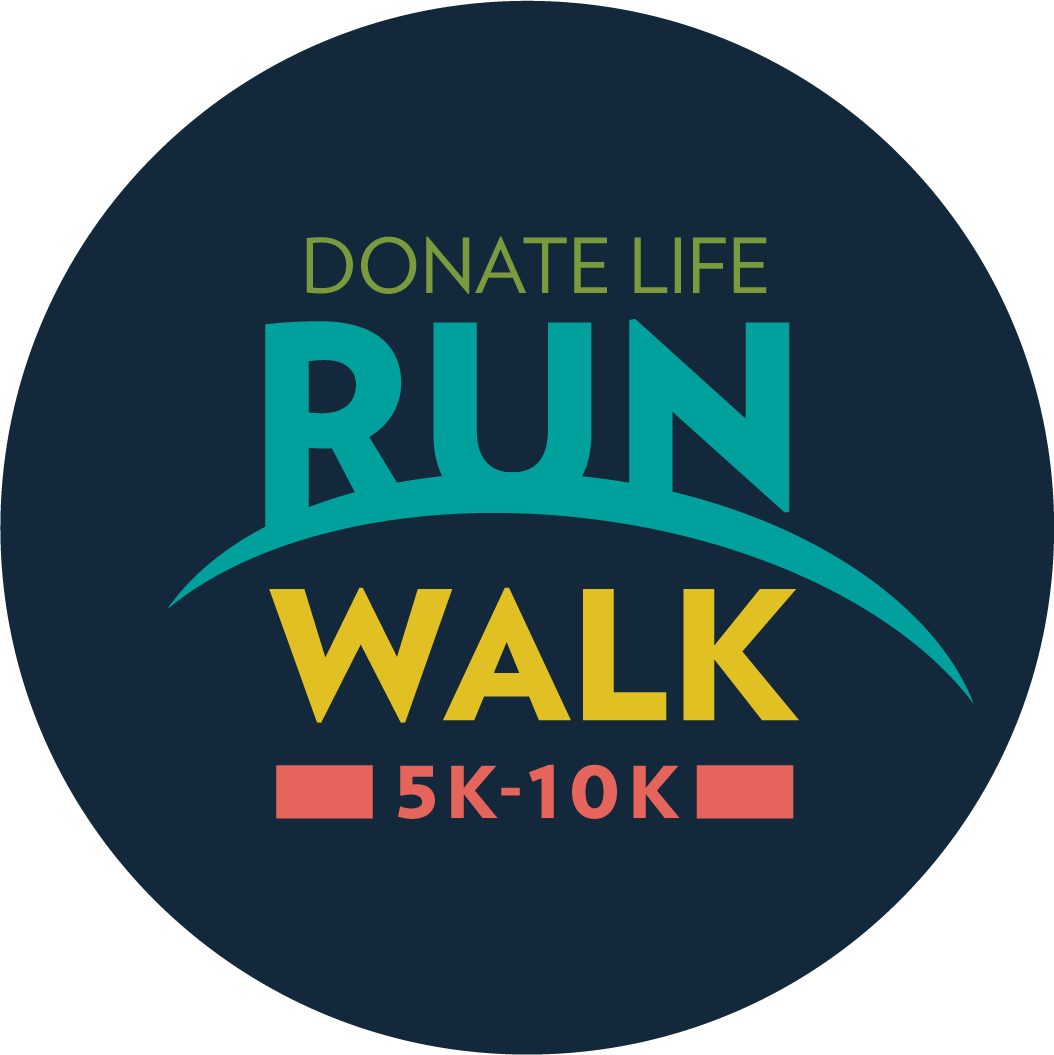Navy Veteran to be Honored as a Tissue and Cornea Donor Hero in the Donate Life Rose Parade® Experience During the 2021 Tournament of Roses Entertainment Special
SACRAMENTO, Calif., October 22, 2020 – Francis “Frank” Cox, a devoted family man who dedicated his life to community service, was selected by Donate Life California as the 2021 Donate Life Rose Parade® Experience floragraph honoree. On October 29th, 2020, Frank’s family will put the finishing touches on a floral portrait of his likeness, known as a floragraph, during a special unveiling ceremony with Donate Life California at the Sacramento headquarters of the California Department of Motor Vehicles (DMV) at 10:00 am. While the 2021 Rose Parade® was cancelled due to the ongoing COVID-19 pandemic, Frank will be featured during the Tournament of Roses’ Entertainment Special, airing nationally the morning of January 1st, 2021.
Frank, a Navy veteran, enjoyed camping, spending time in his motorhome, and tailgating at the ski resorts every weekend as his family enjoyed the snow. He was also happy to barbeque just about anything at his family’s frequent pool parties. His love of family was very apparent and his passion for over 20 years was volunteering at Shriner’s Hospitals for Children. Frank was the 29th person to join the El Kalah Shrine Clown Unit where he was lovingly known as “Potsy,” and performed for the children and their families. Frank became a tissue and cornea donor in the winter of 1988 in Salt Lake City, Utah.

“My father was a devoted family man who instilled in us the value of community service and helping out those in need,” said Delia Bolinder, Frank’s daughter and a DMV employee. “When he was diagnosed with cardiomyopathy, he was worried that he would no longer be eligible to be a donor. Thankfully, he was still able to give the gift of sight and tissue to several recipients in need. I know my father would be so honored to be featured in the Donate Life Rose Parade Experience this year.”
The DMV and Donate Life California became state-authorized partners in 2006. Since then, more than 16.5 million Californians have signed up to save lives by registering as organ, eye and tissue donors – 95 percent of whom checked “YES!” at the DMV.
“Frank Cox’s decision to register as an organ, eye and tissue donor illustrates the importance of the partnership between DMV and Donate Life California,” said DMV Chief Deputy Director Kathleen Webb. “We are thankful that Donate Life California continues to honor DMV families during the annual Rose Parade celebrations.”
The Donate Life Rose Parade® Experience will be featured in the Tournament of Roses’ Entertainment Special. This nationally televised celebration is the Tournament’s new campaign that allows sponsors to create and display floral installations. The Donate Life Rose Parade® floral installation will feature over 20 sculptures made of roses and incorporating donor hero floragraphs. Additionally, it will be accompanied by various elements honoring Donation Healthcare Heroes amid a field of dedicated roses.
“While the Rose Parade® celebrations will look different this year, we are gratified and excited that Donate Life is the Tournament of Roses only live floral production which will include the floragraph that celebrates and honors Frank’s memory,” said Tom Mone, President of the Donate Life California Board of Directors and Chief Executive Officer of OneLegacy. “Frank’s legacy will live on forever because of his decision to be a donor, save and heal lives and inspire us all to register as a donor through the DMV.”
Each day, 22 people in the U.S. die waiting because the organ they needed did not become available in time. Organs needed for transplant are heart, lungs, liver, kidneys, pancreas or intestine. There are nearly 110,000 people waiting for a lifesaving transplant.
Tissue transplants, meanwhile, save and heal lives. Tissues for transplant include cornea, skin, heart valves, bone tissue, tendons, veins, ligaments and cartilage. More than a million tissue transplants occur each year, and the surgical need for tissue has been steadily rising. Corneal transplants restore sight to nearly 50,000 people each year.
Fast Facts:
- In 2019, organ, eye and tissue donors in California saved more than 4,400 lives, and improved thousands more with eye and tissue donation.
- 22 people across the country die each day awaiting life-saving organ transplants.
- Over 21,500 people (about 19 percent of the national list) who wait for a life-saving organ transplant live in California.
About the 2021 Donate Life Rose Parade® Experience
While the traditional Rose Parade festivities have been canceled due to the COVID-19 pandemic, the Donate Life Rose Parade® Experience will be participating in the Tournament of Roses’ floral celebration this year. Frank, along with other donors, will be featured in the 2021 Donate Life Rose Parade® Experience’s floral installation, which incorporates floragraphs to honor organ, eye and tissue donors, along with other elements honoring Donation Healthcare Heroes. This installation will be featured in the Tournament of Roses’ Entertainment Special, airing on television nationally on January 1st, 2021 at 8:00am PST.
About Donate Life California:
The Donate Life California Organ & Tissue Donor Registry is the nonprofit, state-authorized organ, eye and tissue donor registry. As a public service, the registry assures that all personal information is kept confidential and stored in a secure database, accessible only to authorized organ and tissue recovery personnel at the time of an actual donation opportunity. The registry is administered by Donate Life California and California’s four nonprofit, federally designated organ recovery organizations: Donor Network West, Lifesharing, OneLegacy and Sierra Donor Services. For more information about Donate Life California; how organ, eye and tissue donation saves and improves lives; and to sign up, please visit www.donateLIFEcalifornia.org or in Spanish at www.doneVIDAcalifornia.org.
More Fast Facts from Donate Life California:
- All major religions support or permit organ, eye and tissue donation.
- You are never too old or sick to register as an organ, eye and tissue donor.
- Do not rule yourself out! People with all medical conditions are potential donors.
Please visit Donate Life California’s Stories of Hope web page to read inspiring stories about organ and tissue donors and recipients from around the state.








